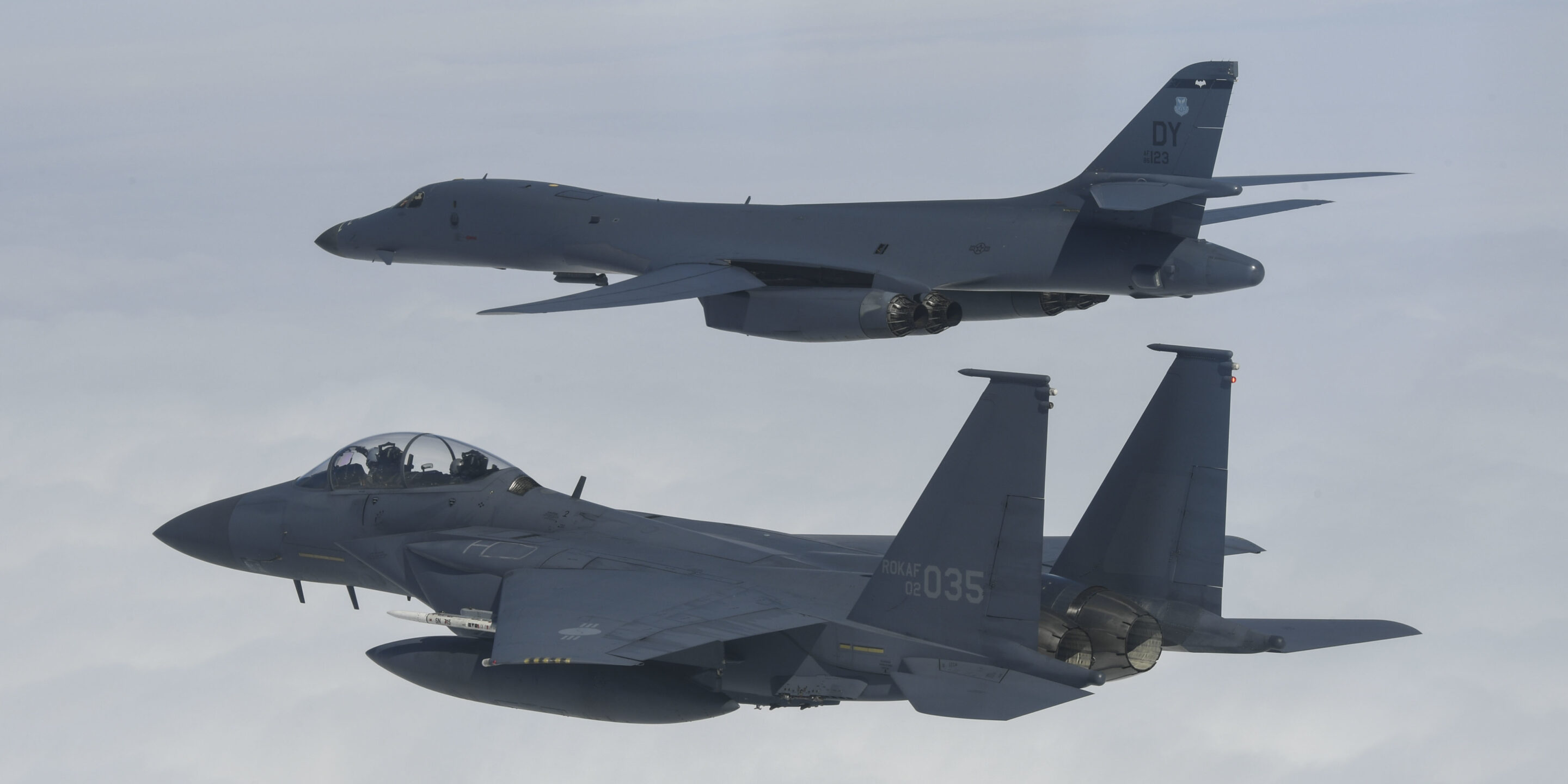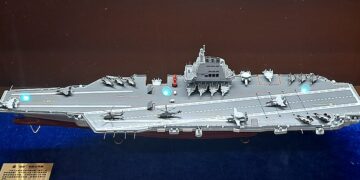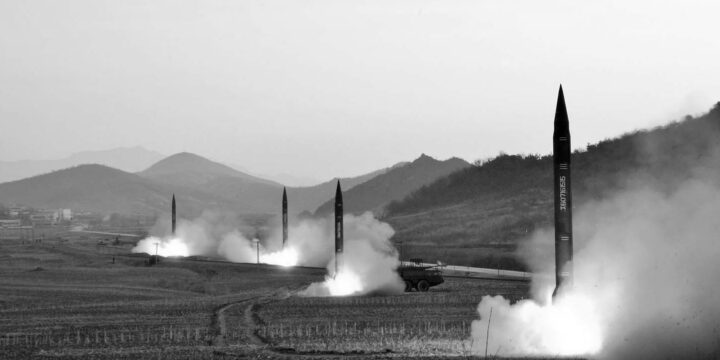September 13, 2023
Russia and N. Korea cuddle up, but they’re just using each other

North Korea and Russia have a long, deep history dating to the beginning of the Cold War, when Moscow was the chief arms supplier and political backer of the Kim family dynasty. North Korean leader Kim Jong Un’s one-on-one meeting this week with Russian President Vladimir Putin at the Vostochny Cosmodrome space facility in Russia’s Far East has brought the bilateral relationship to the front pages.
Yet amid all of the headlines, it’s important not to get too carried away about what this meeting represents. Footage of Kim and Putin nonchalantly walking together like long-lost brothers might suggest the two are flirting with a strategic alliance, but the reality is more complicated. Indeed, were it not for Russia’s struggling war in Ukraine, North Korea would most likely still be an afterthought for the Russian foreign policy establishment.
Kim’s in-person dialogue with Putin (their first since April 2019) comes at a time when both leaders’ relations with the United States have significantly degraded. The bonhomie between the two, which included a toast by Kim to Russia’s victory in its “sacred fight” with the West, is driven in no small part by Moscow and Pyongyang’s shared acrimony toward Washington. Predictably, the Biden administration is none too pleased that two of its major adversaries are getting together, especially when a Russian-North Korean arms deal is on the table.
More on Asia

Featuring Lyle Goldstein
November 14, 2025

Featuring Jennifer Kavanagh
November 5, 2025

Featuring Lyle Goldstein
November 4, 2025





